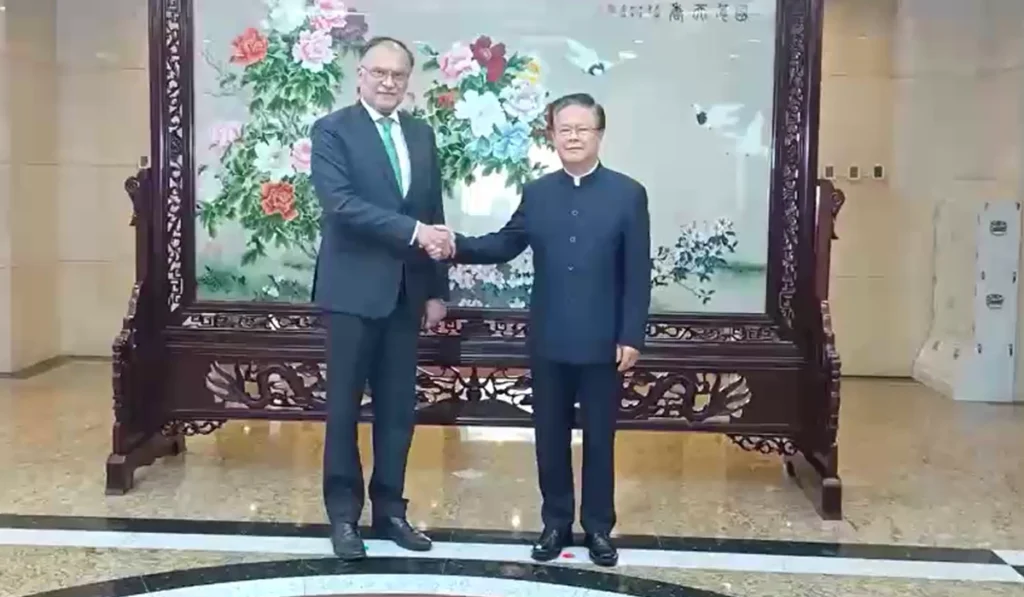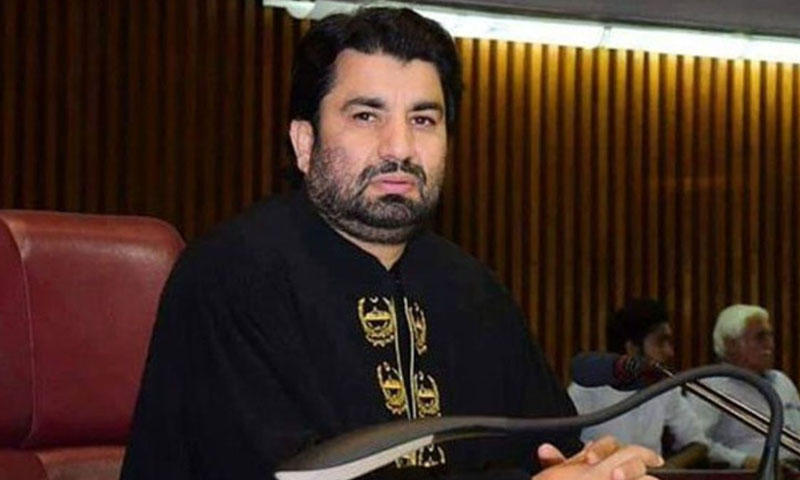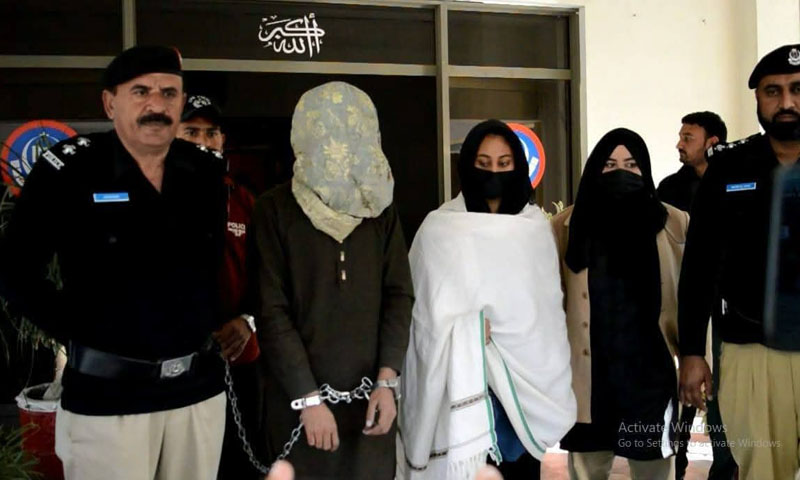- Web Desk
- Feb 09, 2026
14th JCC of CPEC kicks off in Beijing: education, economy, trade on agenda
-

- Web Desk
- Sep 26, 2025

BEIJING: The 14th Joint Cooperation Committee (JCC) meeting of the China-Pakistan Economic Corridor (CPEC) begins today in Beijing. The high-level meeting is being co-chaired by Pakistan’s Minister for Planning and Development Ahsan Iqbal, and his Chinese counterpart. Senior ministers, line ministry officials, and sectoral experts from both countries are also participating in the meeting.
Also read: G-B: MoU inked to establish SEZ under CPEC
Speaking at the inaugural session, Minister Ahsan Iqbal accentuated the depth of the Pak-China relationship, describing the two nations as “iron brothers, bound by trust and a common destiny.”
He highlighted that this year’s meeting signals the beginning of a “new chapter” in bilateral cooperation under the second phase of CPEC, which he said will focus on inclusive development, youth empowerment, and technological innovation.
Ahsan Iqbal, who has co-chaired 11 of the 14 JCC meetings to date, outlined an ambitious vision for CPEC Phase II. “This new era will be people-centric, development-focused, and built on business-to-business partnerships,” he said, moving beyond the traditional government-to-government model.
KEY HIGHLIGHTS OF TODAY’S AGENDA
- Proposal for 10,000 PhD scholarships for Pakistani students in China, along with the establishment of innovation centers and internship programs in Chinese institutions.
- A push to replicate the Chinese model of poverty alleviation in Pakistan’s underdeveloped districts.
- A renewed call for Pakistan’s exports to be granted access to Chinese markets similar to ASEAN countries.
- Plans to develop export-oriented Special Economic Zones (SEZs) in Karachi and Islamabad.
- The establishment of five new corridors under CPEC Phase II: Growth, Innovation, Green, Livelihood, and Regional Connectivity.
OTHER AGENDA ITEMS
Minister Iqbal also detailed plans for major infrastructure and energy projects, including the modernisation of the ML-1 railway, the creation of a mining corridor from Chaghi to Gwadar, and a 300 MW solar power project in Gilgit-Baltistan to help eliminate the region’s 18-20 hour daily load shedding.
Going forward, Ahsan Iqbal has also announced the creation of a Pakistan-China Digital Silk Road, which will include the deployment of 5G, fiber optics, and data centers, along with the development of joint laboratories in artificial intelligence and quantum technologies.
On the environment front, Minister Ahsan Iqbal reiterated Pakistan’s commitment to clean energy, with a target of achieving 60 per cent clean energy by 2030, and integrating electric vehicle and agricultural reform projects into CPEC’s development strategy.
Gwadar’s transformation was also celebrated during the session. “From a fishing town, Gwadar is now emerging as Pakistan’s maritime gateway,” said Iqbal, noting its importance as a regional trade hub. He added that border markets in Khunjerab, Torkham, and Gwadar will enhance bilateral trade and regional connectivity.
Also read: Media crucial for promoting CPEC: Chinese diplomat
Ahsan Iqbal reiterated that the safety of Chinese personnel working on CPEC projects is Pakistan’s top priority. He praised Chinese President Xi Jinping’s global vision, stating that “President Xi’s initiatives are making the world fair and inclusive.”
The 14th JCC is expected to conclude with a roadmap for CPEC Phase II.




